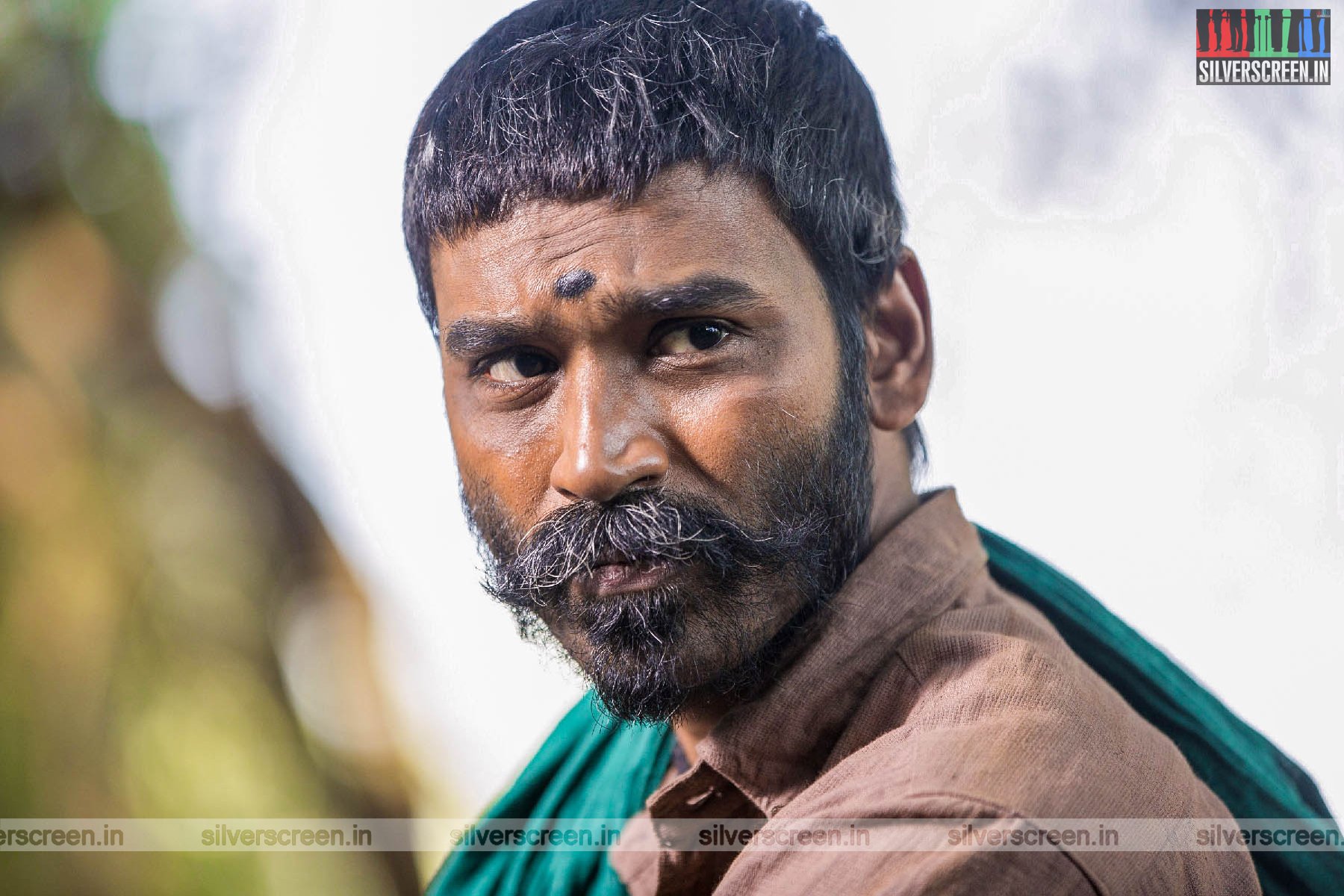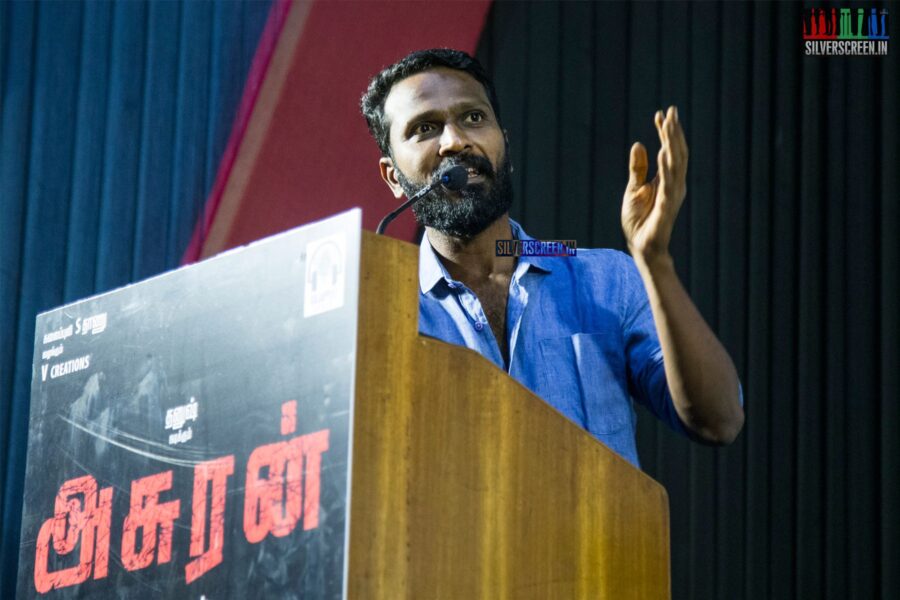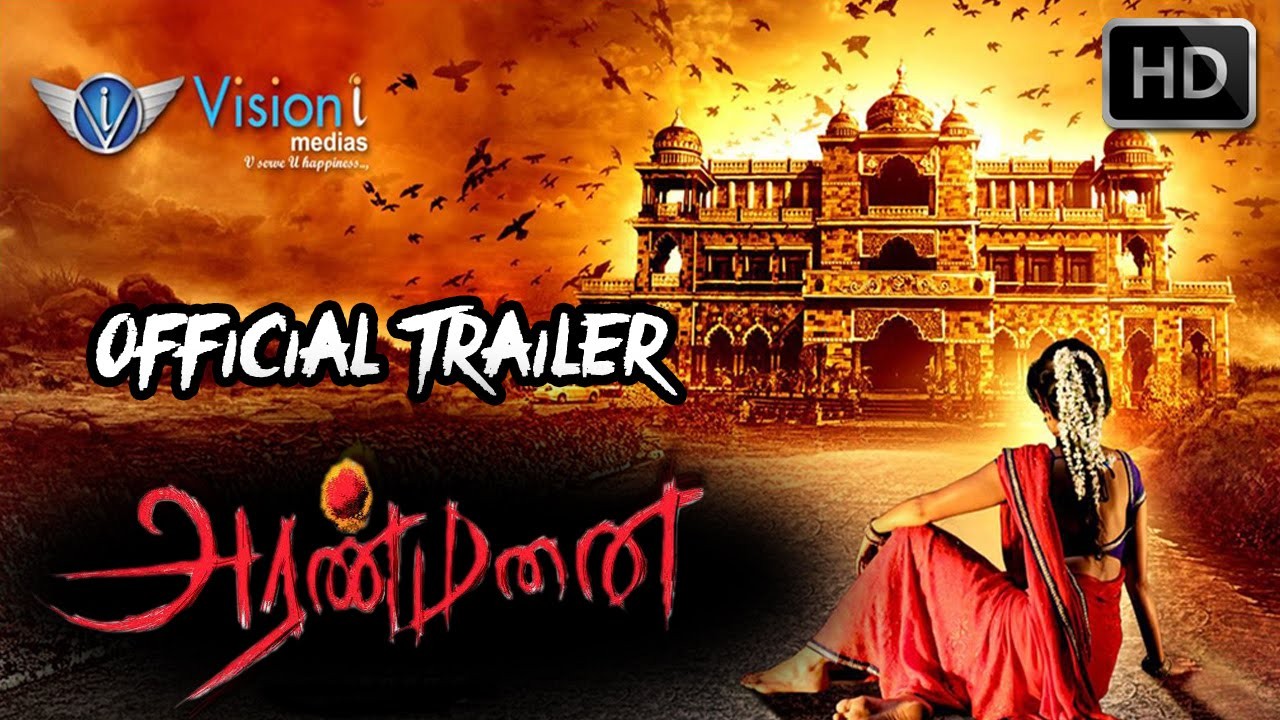It’s 10 pm, and there are barely a few hours left for the first show of Asuran, but the one thing missing in Vetri Maaran’s voice is stress. He’s calm and collected, despite this being his first film to come out within a year of his last, the layered, stark Vada Chennai.
This is the second time the much-feted director is translating a novel into a film. The first was Visaranai, from Chandrakumar’s searing Lock Up. Asuran is from Poomani’s Vekkai, considered a modern Tamil classic.
So, what about a book or novel inspires him to film it? “Choice is a personal thing. A work should inspire me to think of a medium transfer. It entirely depends on the content,” Vetri explains.
Vetri first learnt how to choose what aspect of the written word would lend itself to a “medium transfer” while working as an assistant to Balu Mahendra for his Kadhai Neram, a seminal series on Sun TV that saw literary works make their way to the television screen for a full year. Nearly two decades after each of the episodes seared their way into the heart in my early days in Delhi, I discovered Vetri’s role in it. He would read numerous short stories every week, shortlist some and let Balu Mahendra choose the one he wanted to film. “Sir taught me the technique and craft and skill to determine what to leave out from a written work when filming it. When you’re trying to adapt something from a written work, what you should ignore is very important,” he says.

When he made Asuran, what got left out was the important character of the aunt (athai) in Vekkai. “I am prepared to have people tell me I’ve ruined the novel. For those who loved Vekkai, it won’t be a minor issue, but a major problem. They will feel the film is bad.”
Asuran is also the film where Vetri has not micro-managed things. He’s delegated work, including dubbing — the one thing every actor working under him says is a learning experience, and something he is very particular about — to ensure the film meets its release date. But, he’s not happy about that.
Recommended
“I was very disappointed with myself on a personal level. But, this was a professional decision. Usually, when it comes to anything creative or anything I take upon myself, I give it my 100 per cent and don’t like to quit. When I face challenges, I like to be there and work through that phase. Finally, I squat until I’m able to comprehend and deal with the situation.”
Interestingly, many reviews of Asuran have referred to lip-sync issues, and that’s not going to make Vetri feel any better on a personal level.
I have a long list of questions ready, but Dhanush is calling on another line, and Vetri has to cut short the conversation. I manage to slip in one more question. In 2016, he’d announced that he was going to be working on yet another book, Kota Neelima’s Shoes Of The Dead, about farmer suicides. Is that going to be his film with Soori? “No, that’s different,” and the line goes dead.



